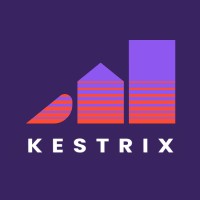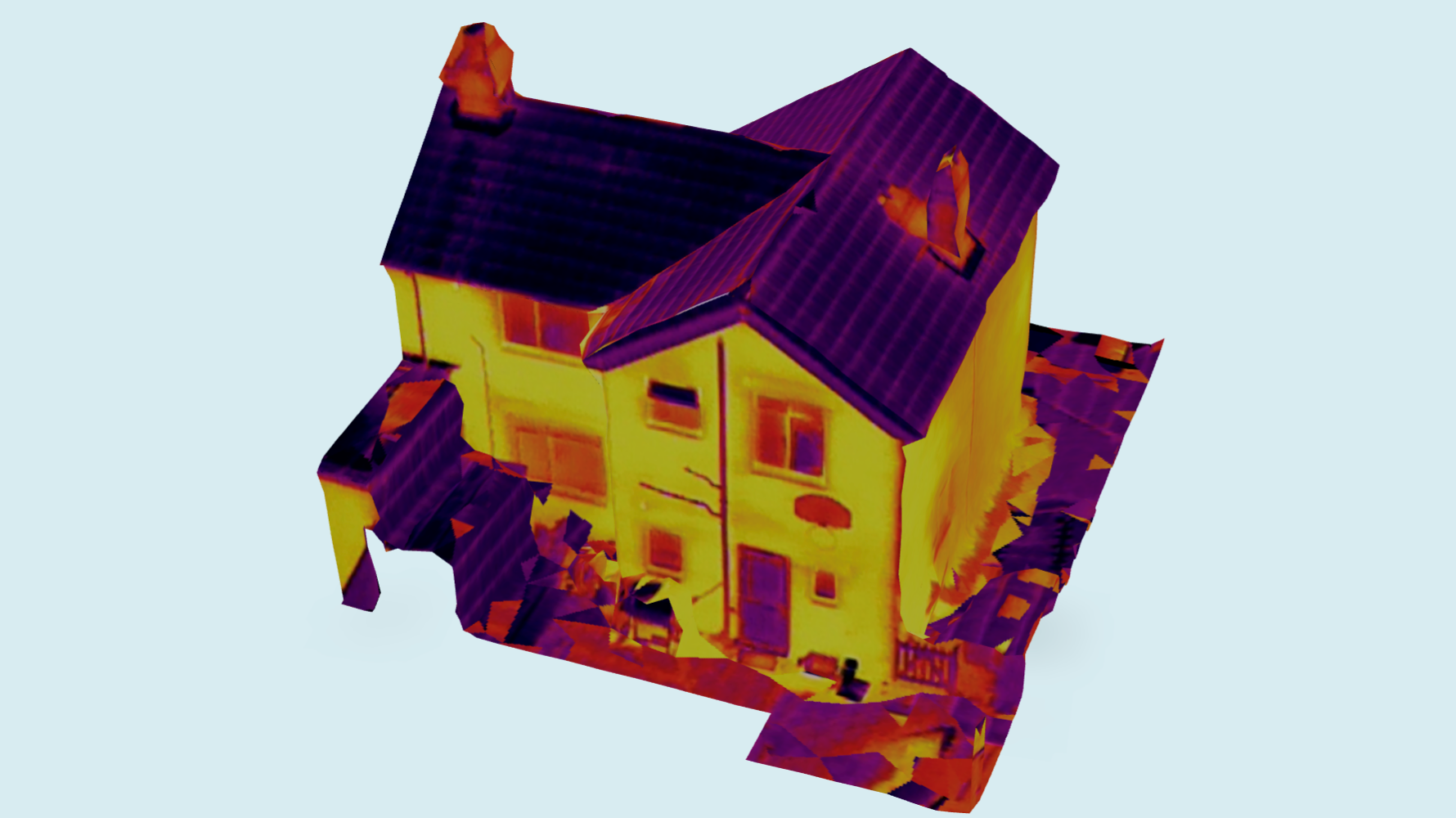Rapid Thermal Performance Assessment algorithms (RathPas)
Development and demonstration of Automated Rapid Thermal Performance Assessments (RaThPAs) for scalable, accurate assessment of building fabric.

Project
Rapid Thermal Performance Assessment algorithms (RathPas)
Lead Organisation
Kestrix
URL
Location
London
Funding
£240,000
About the project
RaThPAs apply advanced techniques in artificial intelligence, thermal imaging, and building physics to automate the quantitative assessment of home heat loss from exterior drone images – enabling heat loss surveys to be conducted at scale, without going inside buildings.

What has the project successfully delivered?
- Successfully captured data from 104 properties, forming the basis for the design of the RathPAs algorithms.
- Developed an automatic detection system for identifying house features, such as windows enhancing the rapid analysis of the images.
- Collaborated effectively with consortium partners, ensuring the integration of diverse expertise and resources.
- Built a skilled and cohesive team, driving the project forward with strong technical and operational capabilities.
What has the project achieved?
The project made significant progress in several key areas. The team developed advanced radiation physics algorithms, with the design work and further refinement ensuring high accuracy and performance. The system architecture was successfully designed, providing a robust framework for the project’s technical components. Additionally, nine pilot projects were secured and the team won the Unlock Net Zero award for “Best Innovation of the year in 2024”, highlighting strong market engagement and interest in the RahtPas solution.
Key lessons learned
One of the key lessons learnt is that integrating visible and thermal imaging technologies into a cohesive system is a complex challenge. The lack of an off-the-shelf platform capable of supporting essential functionalities, such as 3D heat loss modelling and comprehensive data analysis, highlighted the need for a tailored solution.
Another crucial lesson is the importance of resident engagement and effectively communicating the value of these energy retrofits. This approach is essential not only to gain support but also to scale these initiatives successfully, ensuring the broader adoption of energy-saving technologies. Having the guidance of our consortium partners, Peabody and United Living, was key to successfully design a resident engagement strategy.
Next steps
In parallel, the team’s goal is to build a compelling business case that evidences the value of RathPas as a tool that will help scale retrofit assessments. They will continue to engage and work closely with social housing providers, local councils and energy companies to help achieve their net zero goals by providing the data and insights needed to make informed decisions on energy retrofits.
Project partners and subcontractors
- Consortium partners – Peabody and United Living
- Subcontractors – NationWide Drones

